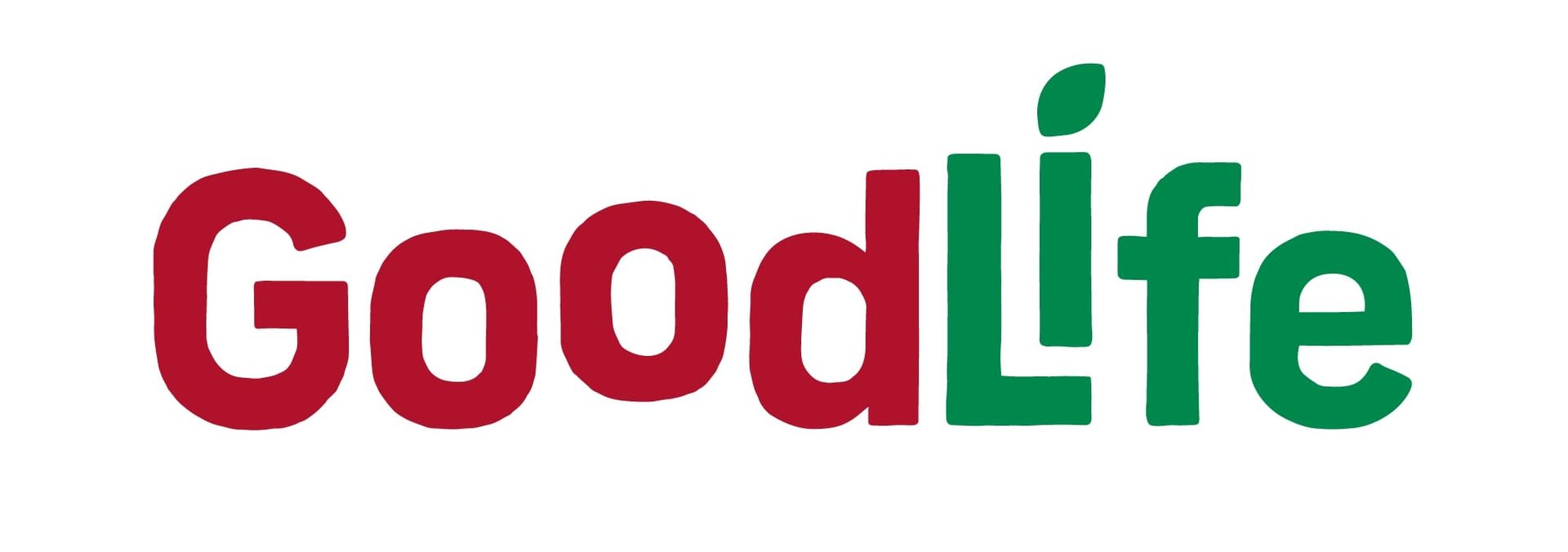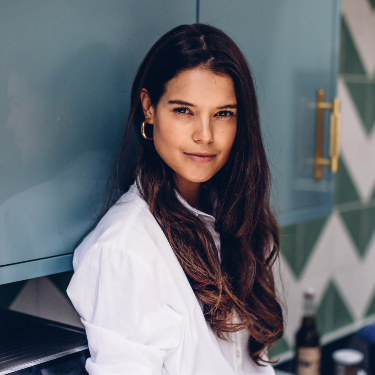What exactly is a healthy balanced diet?
What does a healthy balanced diet look like?
We regularly find ourselves reading conflicting information be it regarding calories, counting our macros or even cutting food out altogether and fasting to help improve our health. Consuming a healthy diet shouldn’t need to feel this complicated, surely? I believe that we should be looking at what we can add to our plate, not what we should be removing. Diversity is increasingly being spoken about as the key focus to optimize our health.
What is Diversity in Diet?
Diversity comprises a diet focused on a variety of vegetables, fruits, beans, nuts, seeds, whole grains, and water which remains the cornerstone to health.
In the UK, statistics show we are struggling to even consume 2 of our 5 a day. So where do we start? Let’s start by seeing how diverse your plate is. GoodLife products aim to help begin your journey to building a healthy plate. They give you a head start towards your 30g/day fibre intake and some of their products count towards 1 of your 5 a day. Adding in a mixture of different plant-based foods alongside some healthy fats from olive oil is a quick and delicious start to a healthy balanced meal.
The NHS recommends we should consume a variety of 5 different portions of fruit and vegetables daily. Each portion should be at least 80 grams. It may sound scary, but 9-10 portions of fruit and vegetables (mainly veg!) are linked to a REDUCTION in non-communicable diseases such as cancers, type 2 diabetes, and heart disease. Increased veggie consumption has been linked to weight loss and even reduced symptoms of depression! (1) What does this look like? Any fresh fruits, vegetables (apart from white potatoes, as these count as starchy foods similar to pasta and grains) and beans and pulses count as fresh fruit and veg. They can be eaten as whole food or be mixed into sauces, smoothies or soups as two of your five a day. Each chosen fruit and vegetable must be different.
We all know fibre is good for us, but what does it actually do and…. what is it?
Dietary fibre is the non-digestible part of plants that enters the large bowel where it is fermented and broken down by gut bacteria. Fibre is essential for the normal functioning of the gut and research over the last 30 years has demonstrated that foods rich in fibre help prevent, and manage, a variety of chronic diseases and even supports our immune system. Fibre can be found in fruit and vegetables, wholemeal bread, brown rice, beans, pulses and oats.
When reading nutrition labels, it is important to look at the ‘per 100g column’ and aim for at least 3g of fibre per 100g. This is a good indicator that you will get sufficient fibre from the product.
Protein is advised to be a part of every meal...
...and should complete a quarter of your plate. Including good quality protein will help keep you fuller for longer and maintain steady blood sugar levels which can help with weight management. If you are plant based, opt for a mixture of beans, pulses, grains (such as quinoa, bulgur wheat), tofu, soya, nuts, seeds, edamame, chia seeds or hummus.
GoodLife Falafel
are a fantastic choice when you are looking to consume high protein for a meal, as four falafel give you 6grams of protein. Add in a tablespoon of hummus and some legumes and you will be hitting nearly 15grams of protein per meal.
Carbohydrates are our main fuel source...
... and we should not shy away from all of them. Wholegrains, legumes, oats, and vegetables are known as unrefined carbohydrates and provide a steady supply of glucose to our bodies. Refined carbohydrates, such as sugars, sweets, cakes, white breads/ pasta/rice, or spreads such as jams can wreak havoc with our blood sugar levels and cravings, which we want to try to avoid or reduce. GoodLife falafel products which use chickpeas as their carbohydrate source, the Spicy Bean Burger loaded with beans. GoodLife do not use any unrefined carbohydrates, only complex and unrefined, allowing you to beat those sugar crashes and opt for a healthier choice. There is no daily recommendation for carbohydrate intake, but the more energy you are using throughout the day the higher your carbohydrate intake should be.
Fats are essential to our diet...
...but for years there has been a lot of controversy around them. Eating the right types of fat is essential for our health. The human brain is made up of 60% fat and one third of these fats comes from essential fatty acids. Saturated and trans-fat is mainly found in refined oils such as palm oil, coconut oil, margarines, fatty cuts of meat, cheese, biscuits, cakes, and fried foods.
We want to be consuming more monounsaturated fat and poly-unsaturated fat, which provides omega 6 and omega 3. These are found in olive oil, avocadoes, oily fish, walnuts, almonds, and brazil nuts. Fats are also essential to help us absorb fat soluble vitamins such as A, D, E and K.
How to add good fats to your plate
- Add nuts and seeds to salads, porridges and soups
- Consume oily fish 1-2 times a week
- Use olive oil for salad dressings and on vegetables
- Minimize fried food intake, processed foods and meat intake
- Supplement with an omega 3 fish oil or algae supplement if you do not consume fish
If you are a healthy individual consuming a balanced diet such as above, ideally you shouldn’t need to supplement. If you are fully plant based there are a few areas which are important to highlight, as although plant foods can deliver a variety of nutrients you may be missing out on a few key ones! See below for ideas.
Minerals to look out for when eating plant based
Meat, fish, eggs, and dairy are good sources of B12. If you are fully plant based, you cannot gain sufficient B12 and therefore must supplement.
Vitamin D - Vitamin D, also known as the sunshine vitamin, is needed to support calcium and phosphate absorption - important for our bone health.
Selenium - Selenium is important for many different enzymatic functions throughout the body. Meat and seafood are the main sources for selenium. If you are fully plant based, brazil nuts are a good option to help with selenium intake.
Omega 3 - Essential fatty acids are important for our brain health, eye health and anti-inflammatory processes. It is important to consider a high-quality omega 3 supplement from either fish oil or an algae supplement if you do not consume at least one portion of oily fish a week.
Iodine
- Iodine is important for our thyroid function and is found in fish and dairy products as well as seaweed. It will be important to consider an iodine supplement if fully plant based.
Share this page
“These are the best falafel. Mildly spicy and perfectly moist. I have just ordered some more.”
Joanna, Derbyshire
“These feel like someone actually made an effort to come up with a decent recipe”
Naomi, Bristol
“It’s hard to find nice vegetarian options that aren’t ‘fake meat’ and these are to die for!"








